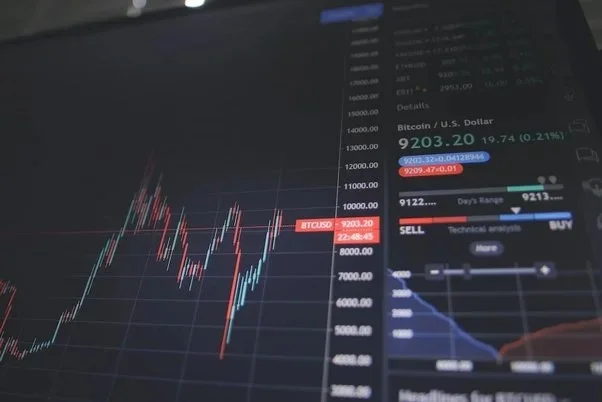
Stock market indices represent a particular group of shares that have been selected based on certain criteria, such as trading volume, share size, etc. In the stock market, the sampling method is used to illustrate market direction and change through an index.
Meaning of Stock Market Index
A stock market index is a statistical tool for tracking changes in the financial markets. The indices are performance indicators that show how well a particular market segment or the market as a whole is performing.
Equities from similar companies or those that meet a predetermined set of criteria are chosen to create a stock market index. These shares are already traded and listed on the exchange. Market capitalization, industry, and other factors can all be used to create share market indices.
Each stock market index keeps tabs on the performance and price changes of the stocks that make up the index. This merely means that the performance of the stocks that make up any stock market index is directly correlated with the index’s performance. Simply put, if the prices of the stocks in an index rise, so does the index overall.
Types of Stock Market Indices
- (a) Sectoral Index
Strong indicators that evaluate businesses in a particular sector are available on both the BSE and the NSE. Known to be reliable predictors of changes in the pharmaceutical industry are indices like the S&P BSE Healthcare and NSE Pharma. The S&P BSE PSU and Nifty PSU Bank Indices, which are indices of all listed public sector banks, are another noteworthy example. Although this is a major factor generally, neither exchange is required to have comparable indexes for all industries. - (b) Benchmark Index
The top 50 performing stocks are compiled into the Nifty 50 index, which represents the NSE, and the top 30 performing stocks are compiled into the BSE Sensex index, which represents the BSE. Since they use the highest standards to regulate the companies they choose, this group of stocks is referred to as a benchmark index. They are therefore regarded as the most trustworthy resource of knowledge regarding how markets function generally. - (c) Market Capitalization Index
Only a small number of indices choose companies based on their market capitalization. The stock exchange market value of any publicly traded corporation is referred to as market capitalization. Companies that fall under the Securities Exchange Board of India’s (SEBI) definition of “lower market capitalization” are included in indices like the S&P BSE and NSE small cap 50. - (d) Other Categories of Indices
The S&P BSE 500, NSE 100, and S&P BSE 100 are a few additional indices that are slightly bigger and have more stocks listed on them. If you don’t like taking risks, Sensex stocks might not be the best choice for you. Investment portfolios are not made to meet every need. Investors must therefore maintain their focus and place their money where they feel secure.
Formation of an Index
Equities with similar market capitalizations, business sizes, or industries are combined to create a stock market index. The index is then calculated using the stock selection. The price range in one stock will differ from the price range in another, and each stock will have its own price. Because of this, the index value cannot be obtained by simply adding the stock prices.
As a result, giving stocks weights comes into play. Depending on its current market price or market capitalization, each stock in the index is assigned a specific weight. The weight specifies how stock price changes affect the index value. The two most popular stock market indices are as follows:
- a) Market Cap Weighting
The total market value of a company on the stock exchange is referred to as market capitalization. It is calculated by multiplying the stock price by the total number of outstanding shares that the company has issued. A market-cap-weighted index, on the other hand, selects its stocks according to how much their market capitalization differs from the index’s total market capitalization. Assume that the underlying index has a total market capitalization of Rs. 2,000,000 and that a stock has a market capitalization of Rs. 100,000. - b) Weighted Price
In this method, the market capitalization is used to calculate the index value instead of the stock price of the company. Because of this, stocks with higher prices are given a heavier weighting in the index than those with lower prices.
FOR MORE INFO CLICK THIS SITE:https://learningsharks.in/
FOLLOW OUR PAGE:https://www.instagram.com/learningsharks/?hl=en
